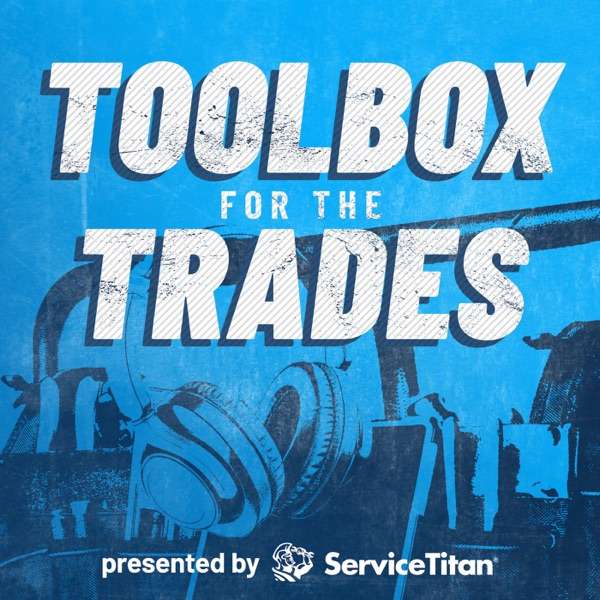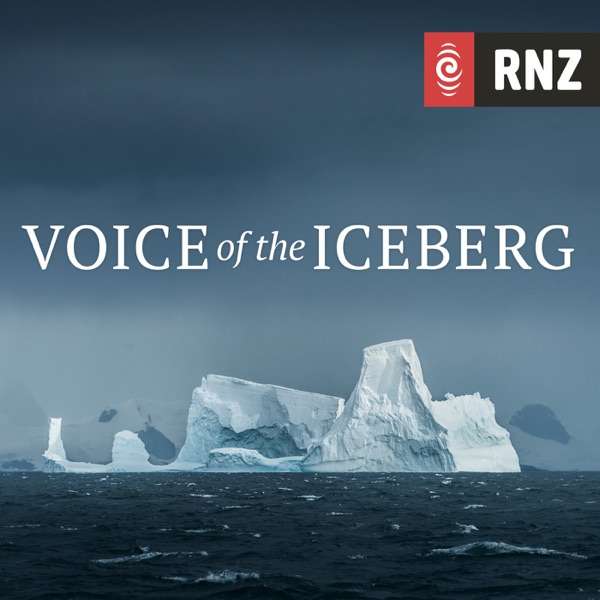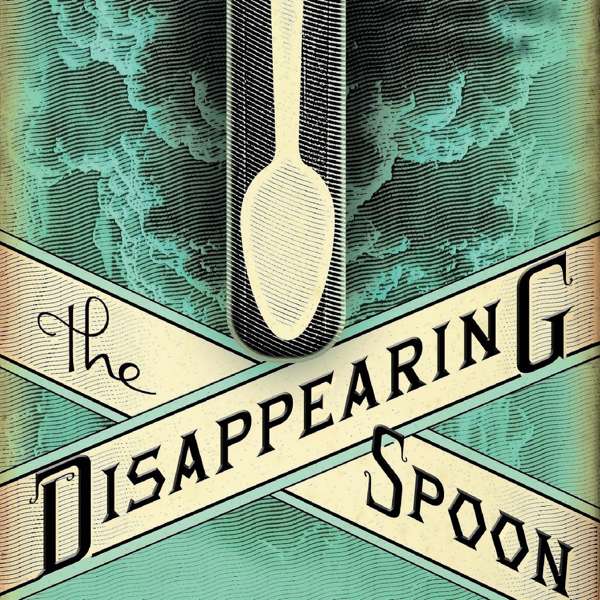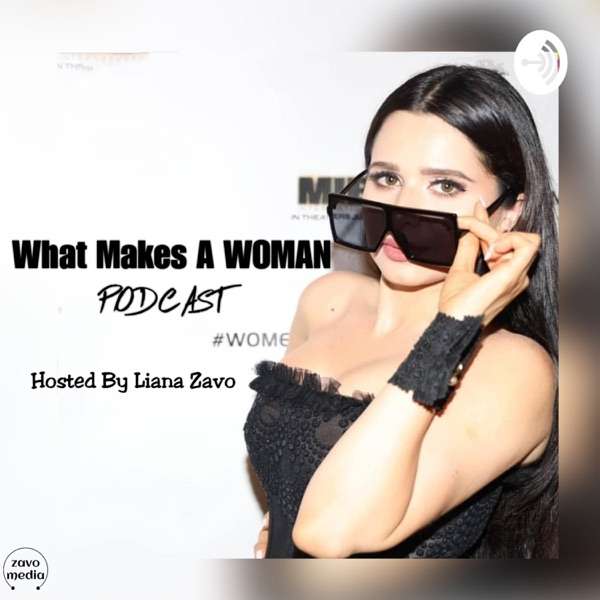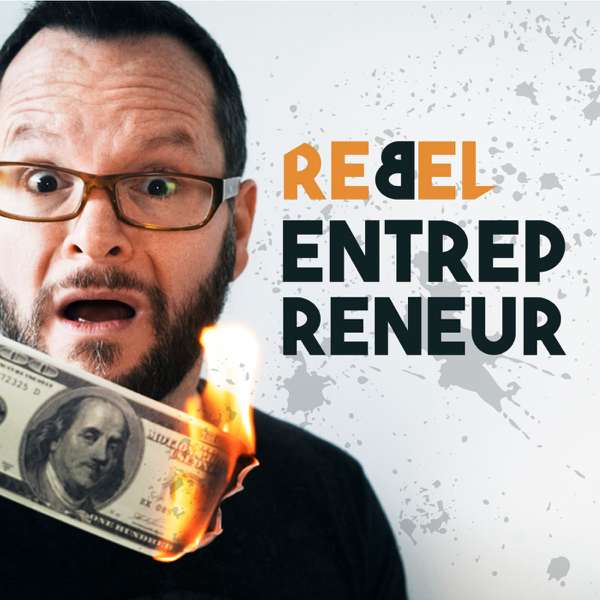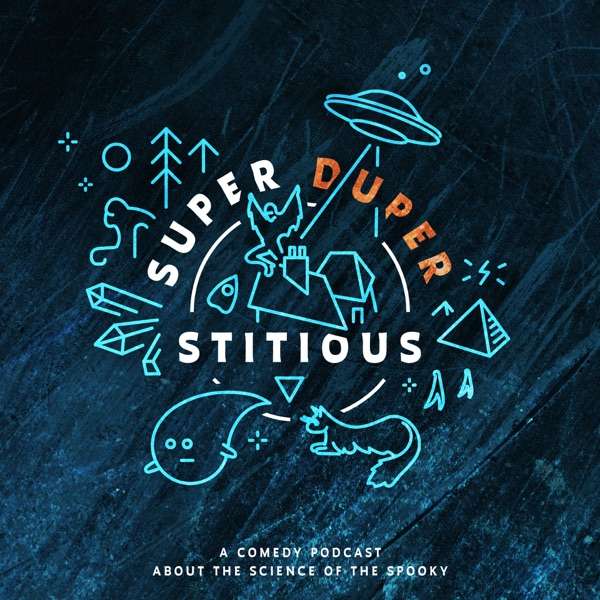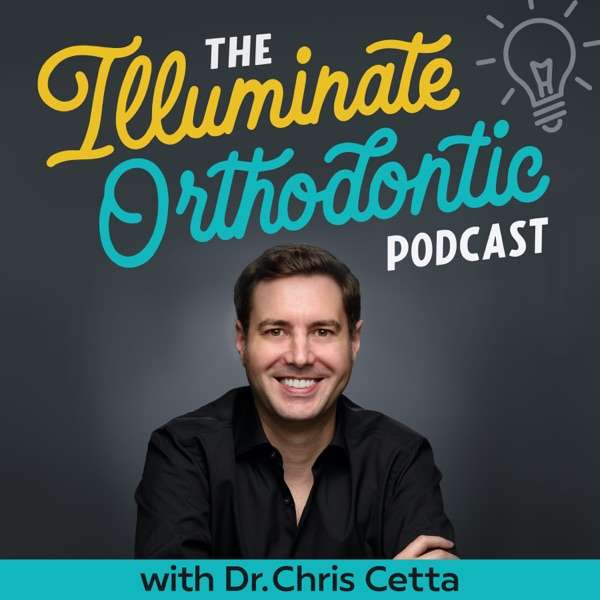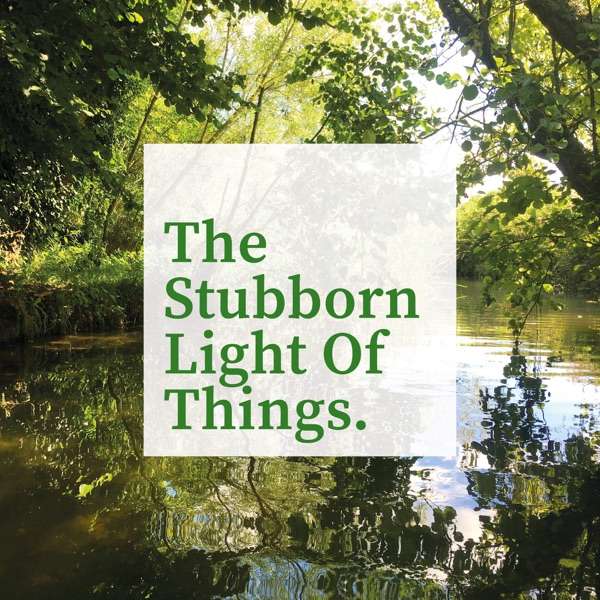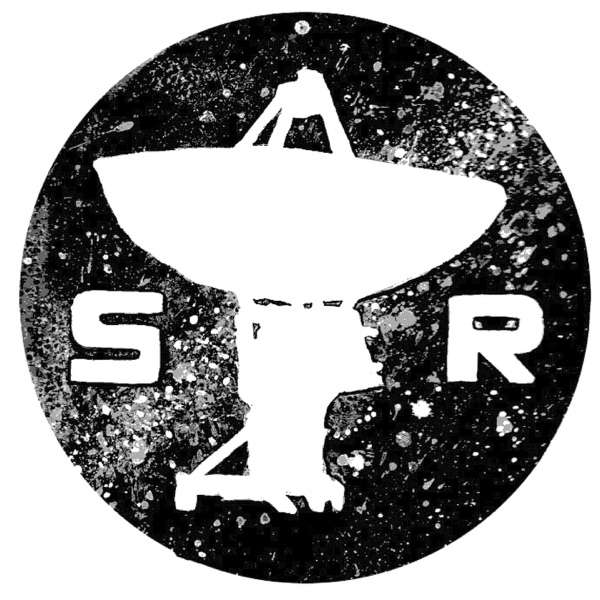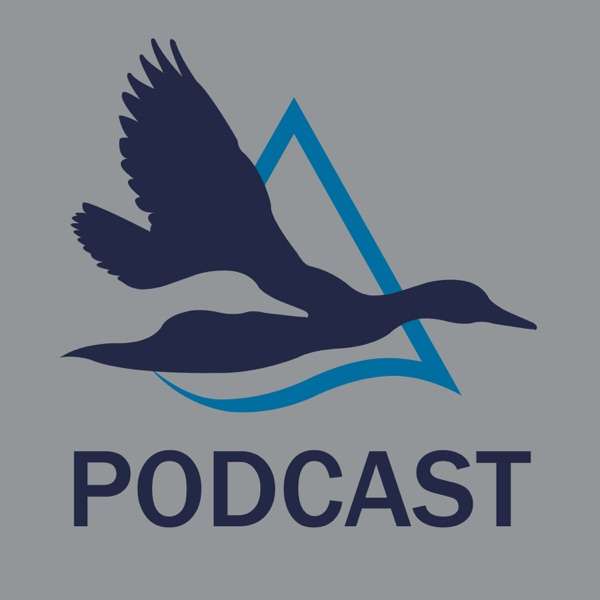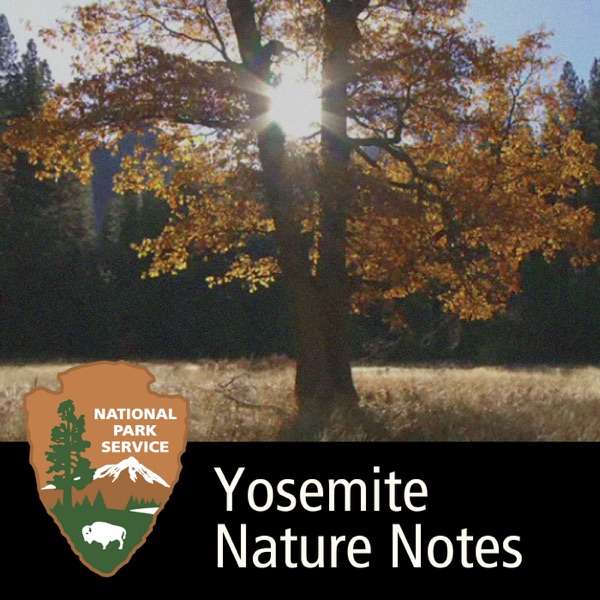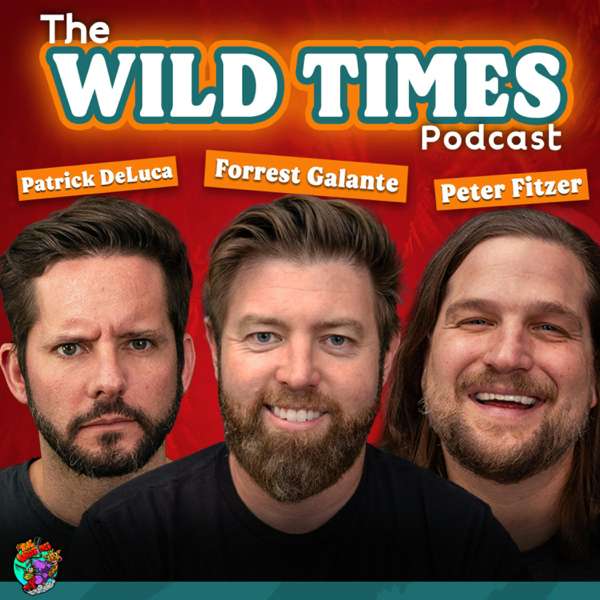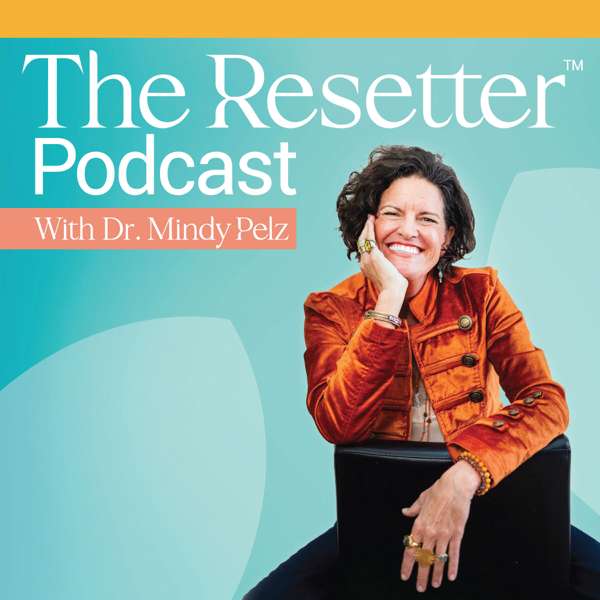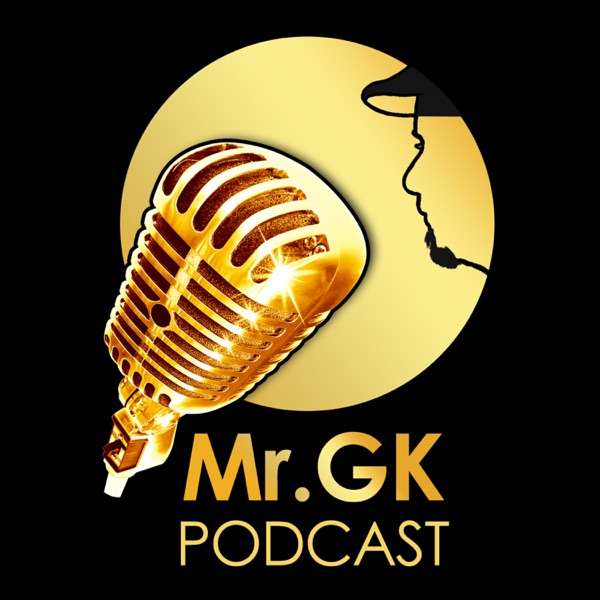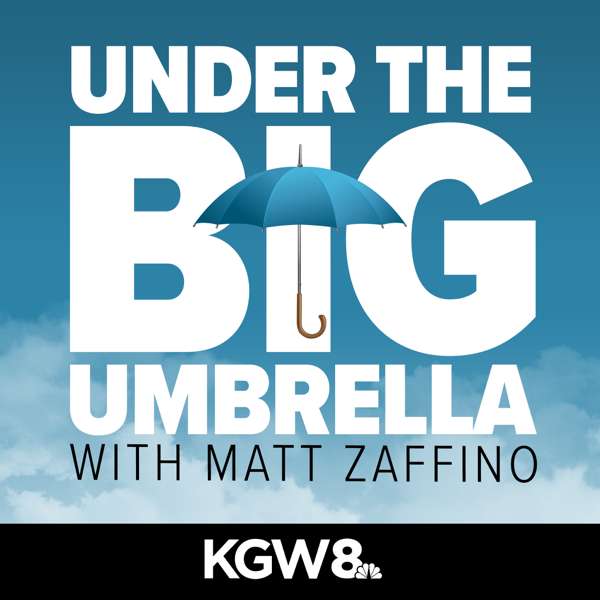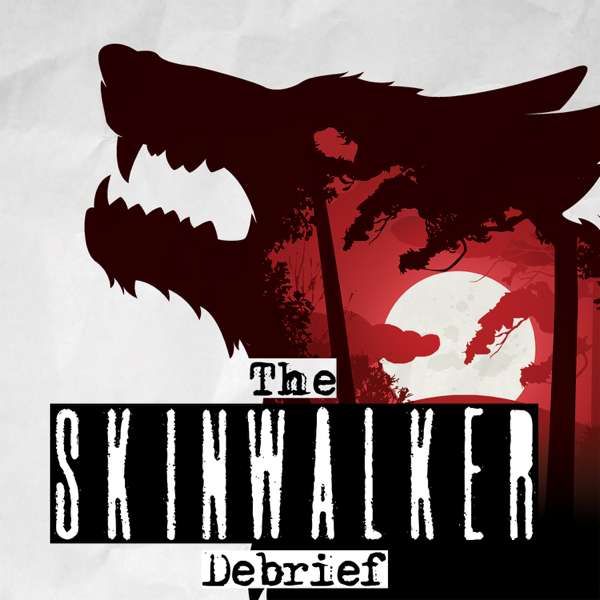Welcome to The Voice of the Duck Hunter — the official podcast of Delta Waterfowl, the Duck Hunters Organization. Each episode dives deep into the world of duck hunting, wetland conservation, and the people driving the future of waterfowling.
From prairie potholes to Capitol Hill, we share stories and insights from biologists, policy leaders, gear experts, and dedicated hunters who live for migration. Discover how research, habitat conservation, duck production tools, and smart policies keep ducks flying — and why your voice as a duck hunter is more important than ever.
Tune in for:
-Waterfowl population trends and breeding-ground science
-Habitat restoration and conservation policy breakdowns
-Gear innovation, retriever training, and hunting strategy
-Hunter recruitment and education (First Hunt, University Hunting Program)
-Conversations from the marsh — stories, heritage, and community
Whether you’re chasing ducks in the prairies, pursuing divers along the coast, hunting them in southern timber, or just a passionate waterfowl enthusiast, this show connects the science and stories that make healthy duck populations and duck hunting possible.
Subscribe on Spotify, Apple Podcasts, Amazon Music, or wherever you listen — and join the movement that uses science-based solutions to produce ducks, conserve prairie wetlands, and ensure the future of waterfowl hunting.
Visit deltawaterfowl.org to learn more about our efforts to achieve our vision of abundant ducks and endless opportunities for all waterfowl hunters.
Read More

 Our TOPPODCAST Picks
Our TOPPODCAST Picks  Stay Connected
Stay Connected

